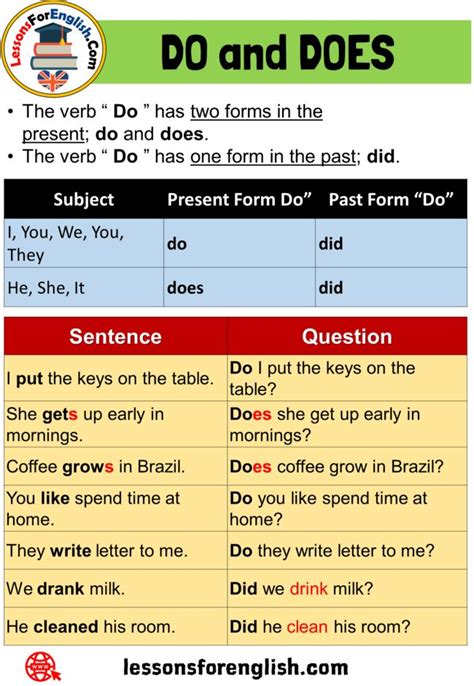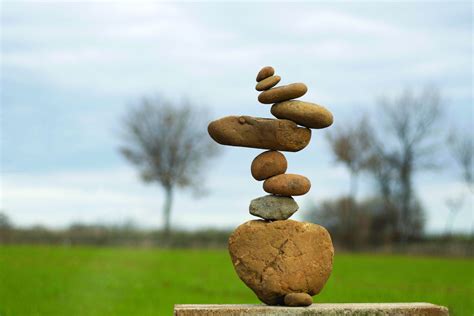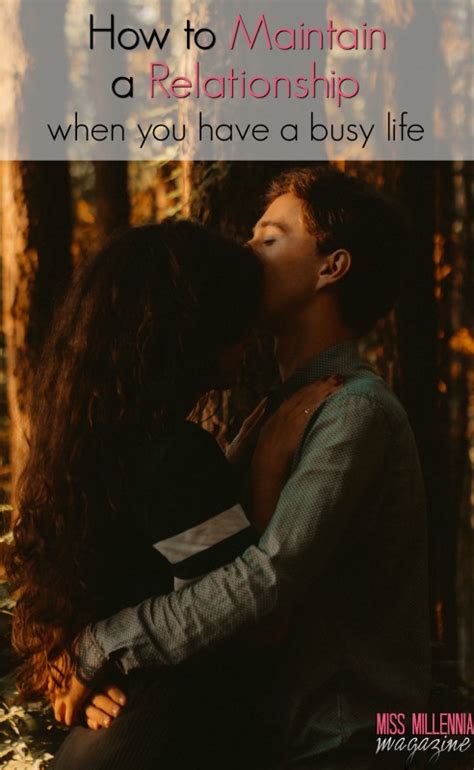The Unspoken Code: Masculinity and Male Emotional Expression
For centuries, societal constructs of masculinity have painted a picture of the ideal man as strong, stoic, and self-sufficient. This deeply ingrained narrative, often passed down through generations, heavily influences men’s behaviors, choices, and perhaps most profoundly, their emotional lives. When it comes to the closest platonic friendships—those bonds that ideally offer a sanctuary for vulnerability and support—these expectations can create an invisible yet formidable barrier, dictating what emotions are acceptable to show and how deeply one can truly connect.
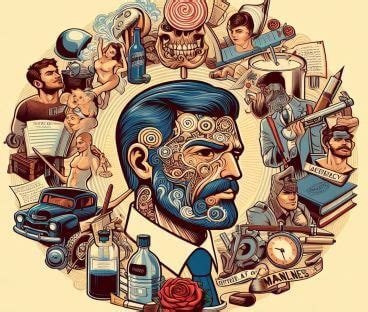
The cultural script often teaches men that expressing ‘soft’ emotions like sadness, fear, or loneliness is a sign of weakness. Instead, they are encouraged to be providers, protectors, and problem-solvers—roles that inherently discourage overt emotional displays. This ‘strong silent type’ archetype becomes a performative expectation, particularly in male-dominated social circles, where showing vulnerability can feel like a direct violation of one’s masculine identity.
The Barrier of Stoicism: Impact on Platonic Intimacy
This pressure to conform to stoicism has tangible effects on the quality of male platonic friendships. While men may bond over shared activities, humor, or professional pursuits, the emotional depth often remains uncharted. Conversations tend to gravitate towards external topics—sports, work, politics, or superficial banter—rather than delving into personal struggles, fears, or the complexities of inner emotional landscapes. Friends might offer practical advice or a distraction, but genuine empathy or a listening ear for raw emotional distress can be conspicuously absent, not due to a lack of care, but a lack of practiced emotional literacy and permission.

The unspoken rule often is: ‘deal with it yourself’ or ‘suck it up.’ Consequently, men often learn to internalize their emotional needs, fearing judgment, ridicule, or the perception of being a burden if they were to share them openly. This can lead to a cycle where men crave deeper connection and emotional support but are simultaneously inhibited from seeking or providing it, perpetuating a culture of emotional isolation even within close relationships.
Consequences for Well-being and Mental Health
The long-term consequences of this emotional suppression are significant, impacting men’s overall well-being and mental health. A lack of outlets for emotional expression can contribute to heightened stress, anxiety, and depression. Studies consistently show that men are less likely to seek professional help for mental health issues, partly due to the stigma associated with ‘admitting’ vulnerability. Unexpressed grief, anger, or fear can fester, manifesting in unhealthy coping mechanisms such as substance abuse, risk-taking behaviors, or explosive emotional outbursts when the dam finally breaks.

Furthermore, this emotional distance can leave men feeling profoundly lonely, despite having a robust circle of friends. The absence of true emotional intimacy means that men may lack a reliable support system when facing life’s inevitable challenges, exacerbating feelings of isolation and making it harder to navigate personal crises.
Challenging the Paradigm: Redefining Male Friendships
Despite these entrenched norms, a growing movement is challenging traditional masculinity, encouraging men to embrace a broader spectrum of emotions and fostering deeper, more emotionally expressive friendships. This involves consciously dismantling the internal and external barriers to vulnerability, recognizing that emotional strength lies not in stoicism, but in the courage to be authentic and open.
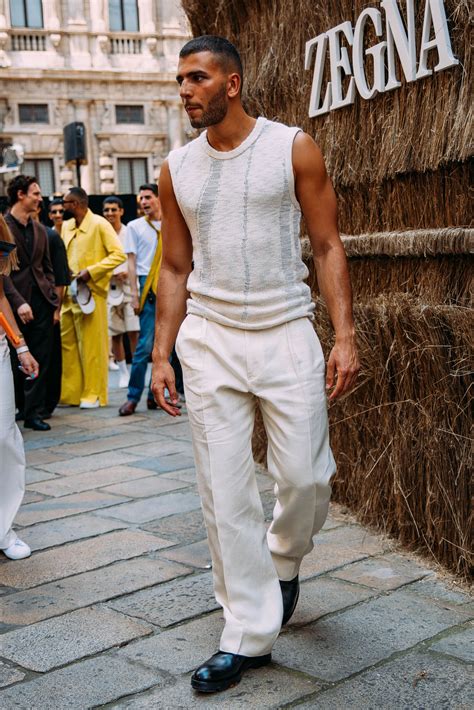
Redefining male friendships begins with individual men making a conscious choice to be more vulnerable. This might mean starting small: sharing a personal struggle, acknowledging a feeling, or simply admitting ‘I’m not okay.’ It also requires creating safe spaces within friendships where such expressions are not only tolerated but actively encouraged and reciprocated. Friends can practice active listening, offer validation without judgment, and initiate conversations that delve beyond the superficial.
Pathways to Deeper Connection
For men seeking to foster more emotionally fulfilling platonic friendships, several strategies can be employed. Firstly, practice self-awareness: understanding one’s own emotional landscape is the first step toward expressing it. Secondly, initiate vulnerability: don’t wait for others to go first. Sharing a personal challenge or a feeling can open the door for others to do the same. Thirdly, normalize emotional language: use words to describe feelings rather than just actions. Fourthly, be a supportive listener: when a friend does share, respond with empathy and validation, not just advice or a change of topic. Finally, recognize that emotional intimacy is a muscle that needs consistent exercise; it takes time and effort to build and maintain.

By consciously working against the prevailing currents of traditional masculinity, men can transform their platonic friendships into powerful sources of emotional support, understanding, and genuine intimacy. This not only benefits the individuals involved but also contributes to a broader societal shift towards a more inclusive and healthier understanding of what it means to be a man.
